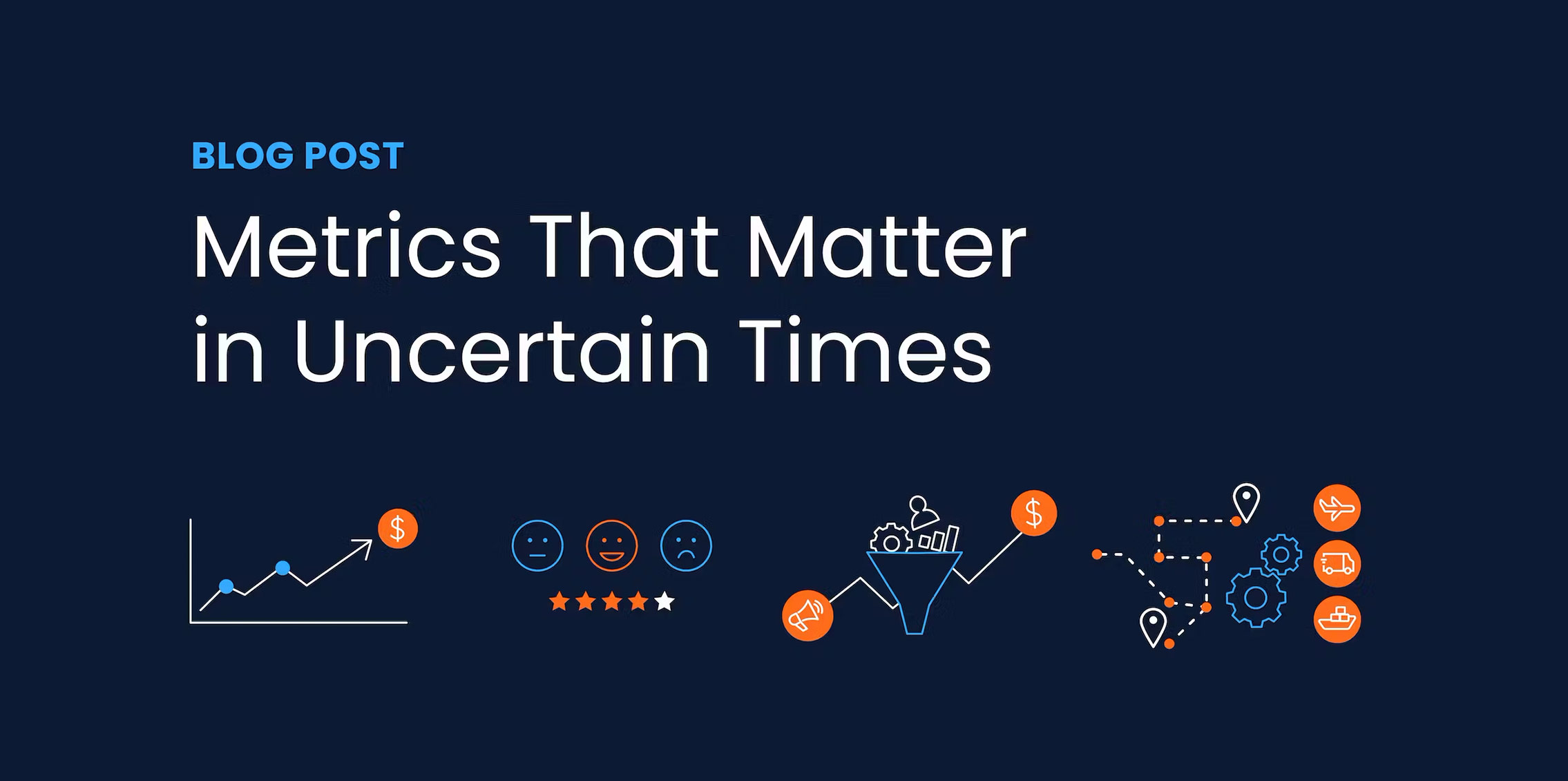
Glossary
Making your sales process faster and smarter with easy-to-use technology begins with understanding the ecosystem that you’re jumping into. Before you can go beyond basic activity tracking and focus on building revenue, shortening sales cycles, and turning one-time buyers into loyal customers, there are terms to have a full understanding of. Becoming data-driven starts here.
BI Reporting
Business Intelligence reporting is the collection, organization, and analysis of relevant data for a specific audience. For most distributors, that means taking your most important system—your ERP and integrating a BI tool with it. BI reporting tools then take your data and present it in an understandable, actionable way for defined audiences. That means showing the data in charts, graphs, etc., which make it clear what you need to do to continue growing your business or sales at any given time.
Business Intelligence
BI is a business software platform used to support the decision-making process of companies. Business Intelligence can be defined as analyzing and processing a large amount of data and then converting it into knowledge-based information to support some profitable business decisions.
Customer Segmentation / Customer Stratification
At its core, customer segmentation is simply a strategy wherein you divide your customer base into smaller groups that share similar characteristics. These characteristics can range from demographics to purchase history to any other traits relevant to your business.
From there, you can target those customers more effectively. As previously mentioned, changing and adapting your communication and marketing allows you greater control over every customer interaction. That means, potentially, more partnerships, more deals, and more revenue.
Data-driven
To be data-driven simply means that your business is using tools like Business Intelligence (BI), CRM, and Pricing solutions to perform data analysis which generate insights for decision-making. Businesses that use a data-driven approach can leverage the full power of data already tracked in their ERP systems. That means that you can better understand your customers, grow your business, and increase your revenue
Digital Investment
For distributors, digital investment means ditching the spreadsheets and making transformative investments that will lead to sustainable growth. As the name implies, digital investment means investing money into software solutions that focus on reducing operational costs and improving efficiency.
For example, with a solution like White Cup Pricing, it’s possible to be precise and agile against fluctuations. With White Cup CRM, workflows make crushing sales goals easy and busy work a thing of the past. With White Cup BI, your data automatically transforms into actionable insights.
Intelligent Pricing
Unlike traditional pricing which may include things like ‘gut instincts’ of salespeople, intelligent pricing is a tailored approach that is data-driven, not just rules-driven. It considers factors such as time of day, location, real-time demand for products, and a customer’s purchasing history. Using algorithms and customer intelligence, intelligent pricing delivers instant pricing that is contextualized and customized.
Key Metrics
Historically, the distribution industry has looked to specific metrics to understand business performance. Those specific metrics, which are not unchanging, are key metrics which must be tracked month over month, quarter over quarter, and year over year. Key metrics are not all of the trackable data points available to your business. Instead, they are a select few metrics that must be reviewed, reevaluated, and adjusted regularly to remain meaningful to your specific needs and goals.
Marketing Automation
Marketing automation helps distributors grow revenue by being more responsive to customer needs. It helps guide more personalized buyer journeys and reveals crucial customer and buyer intent signals for optimal resource allocation. As market needs and sales targets shift, marketing automation can help distributors stay one step ahead, constantly learning what works and who represents the best chance of going from prospect to purchase.
Pricing Strategy
Just as a football team must formulate strategies or plays to advance their position on the field —ultimately to score a touchdown or field goal—or alternatively, to prevent the other team from scoring, distributors need a strategic pricing playbook. Pricing influences your market share, your share of wallet with individual customers, and the profit of each unique product sold.
Revenue Intelligence
For distributors, Revenue Intelligence is a way to drive revenue with a more data-driven culture and kill data-free decision making that has been the norm for years. Revenue Intelligence collects sales and product usage data across leads, prospects, and current customers with applied analysis to identify trends and the means to increase revenue. It combines the power of customer relationship management (CRM), business intelligence (BI), and pricing optimization software to connect and transform these technologies into a purpose-built stack. The purpose? To support one overarching goal – revenue growth.
Sales Transformation
Sales transformation is the deliberate process of building or updating your business’ sales operations. Using your specific goals and prioritizing what matters most to your sales team inspires change within your sales process. This transformation usually includes adopting new technology that makes your sales goals easier to achieve. Considerations of new technology must include ease of use, industry-specific needs, and implementation plans.


